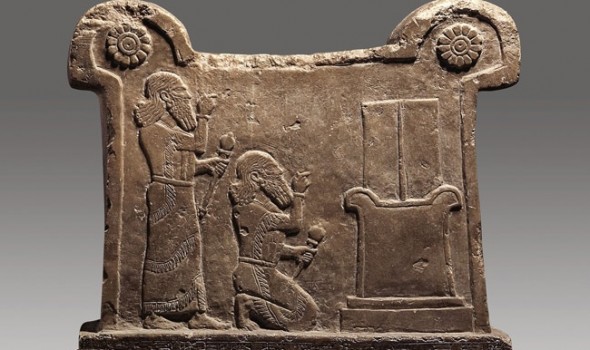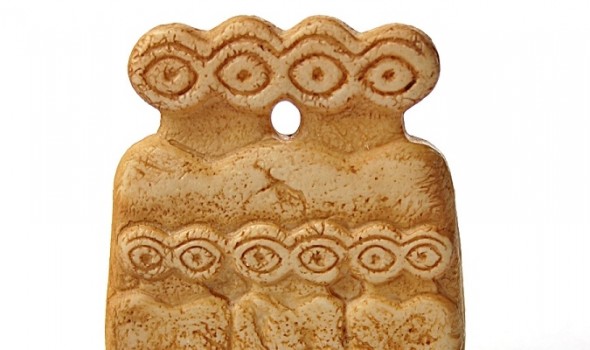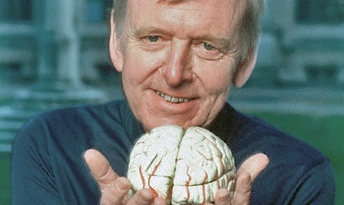The origin of consciousness
Evolutionary psychologist Julian Jaynes (1920-1997) views consciousness as an acquired set of conceptual skills, rather than an innate quality of humankind. It is a 'mental tool box' largely based on metaphor. According to Jaynes, the 'invention' of subjective consciousness took shape in the course of centuries, thereby replacing the former mentality. This old mental make-up was what Jaynes calls the bicameral mind: a mind that was occupied by so-called gods, who directly spoke to man. Jaynes insists that these 'gods' were in no sense 'a way of speaking', but instead powerful experiences with hallucinatory quality.

Summary of The Origin of Consciousness
How did human beings who lived five thousand years ago view themselves? How did they make decisions and how did they reflect on their past? Julian Jaynes (1920 – 1997) proposes a radical answer to these questions: until a few thousand ...

Review of The Origin of Consciousness
I always thought that the invention of fire and the wheel were the most important breakthroughs in the history of mankind. After reading The Origin of consciousness in the breakdown of the bicameral mind (Julian Jaynes, 1976) I wonder if ...

Quotes from The Origin of Consciousness
The bicameral mind The gods were in no sense ‘figments of the imagination’ of anyone. They were man’s volition (p 202). The characters of the Iliad do not sit down and think out what to do. They have no conscious minds such as we say we ...